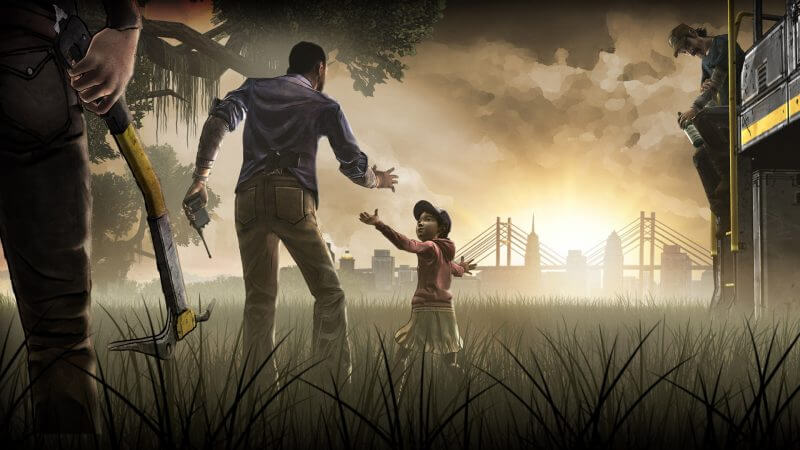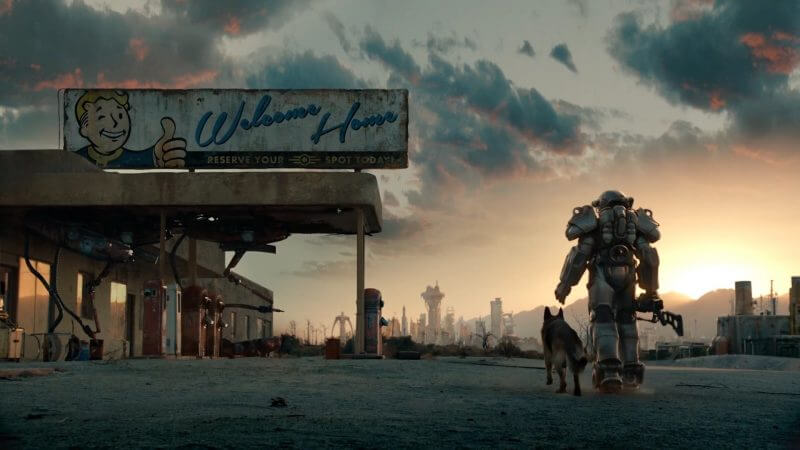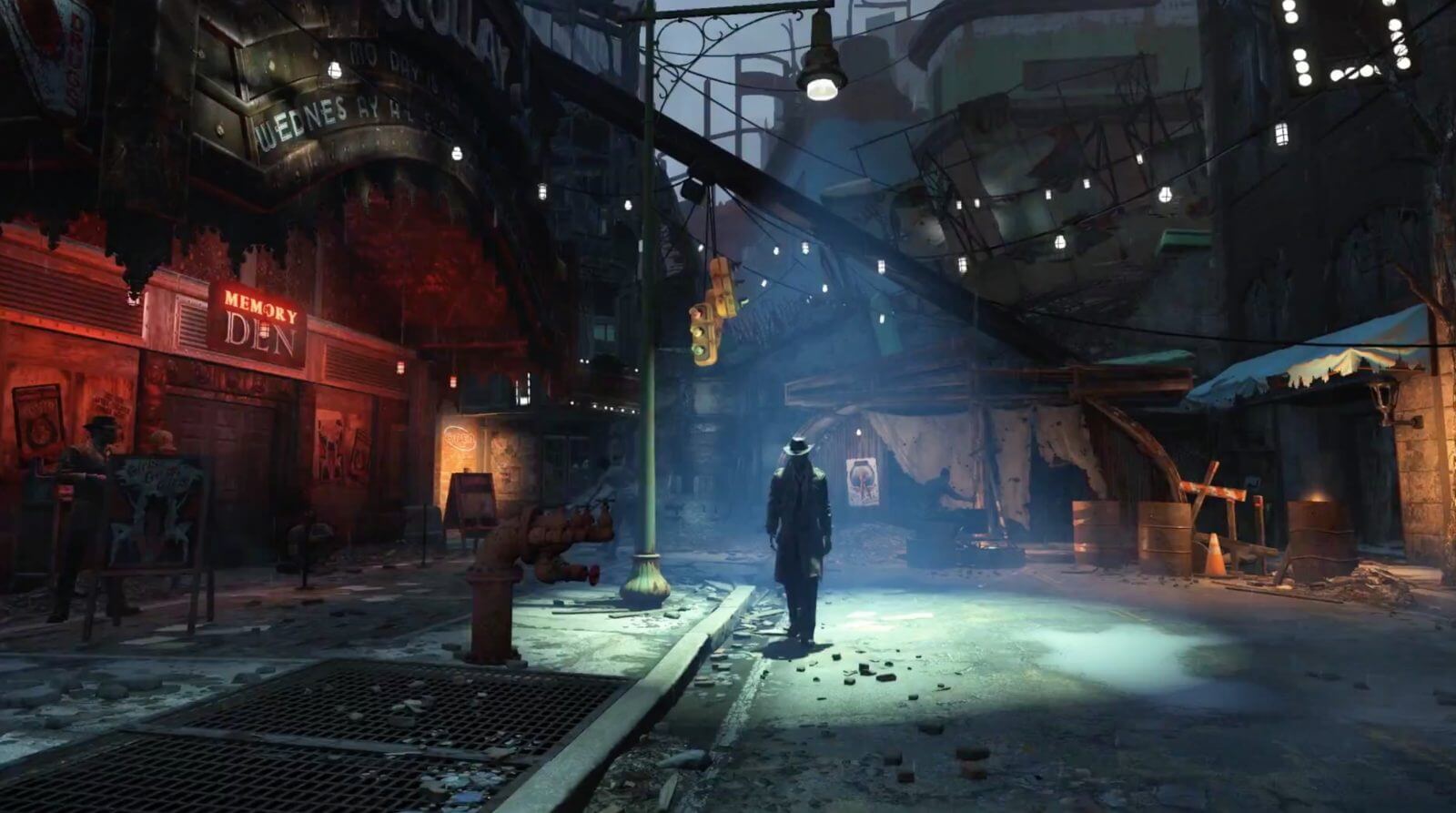Skip To...
Gaming is an expensive pass time. Computer parts, consoles, monitors and televisions, controllers, subscriptions, an internet connection: If you want to get involved with video games, you have to be ready to drop a big chunk of change on various bits and pieces before you even start perusing the Steam store. Damage to your bank account is no surprise when it comes to gaming.
But it’s a sacrifice that thousands of people are willing to make, and that has made gaming one of the most significant mediums of entertainment in the world. Indie studios, AAA developers, modders and players all benefit from the capital that we collectively pour into the industry. But sometimes feels that the immense size and diversity of gaming has somehow ruined the actual experience of playing. Somewhere along the way, the element of surprise has been left behind, and we are all the poorer for it.
Spoiler Alert
If you’re anything like me, the ending of a book or a movie that you love is one of the worst things that you can do to someone that doesn’t involve needles under the fingernails. It ruins the experience, robbing you of the chance to discover what happens for yourself. When I had the ending of A Dance with Dragons spoiled as I was halfway through the novel, it took me months to find the willpower to bother to read the rest. I suspect others have had a similar experience. The ending of a book, the conclusion of a game or the grand finale of a movie is the ultimate catharsis for a consumer: the psychological payoff at the end of the tale. When that is taken away from you, when the surprise is eliminated, there is little reason to bother continuing the journey towards it.

That is why, rightly so, people are so adamant about avoiding spoilers. But the focus is always on plotlines. Spoilers come in more subtle and insidious forms than that. You can ruin the experience of a game without knowing a single line of dialogue, a pittance of plot or a capful of character. And the likelihood is that you are doing it without even realising.
The Cost of Surprise
Because video games are an active medium, rather than passive like films or books, even watching gameplay with no story context is just as bad as spoiling the plot. As a player, finding out how the game works is just as important as finding out where the next questline leads or ends. That gameplay trailer or Let’s Play might keep your hype alive, but when you actually step into the game yourself, you aren’t seeing anything you haven’t seen before. The plot may not be spoiled, but the experience certainly is.
But there is a good reason for this delve into the detail. Games are expensive – an AAA title these days can run you $60 at a minimum. That’s a lot of cheese to be dropping on something you might not even like. Of course, you do your research on it – you watch gameplay, you read reviews, you check out every scrap of detail that you can about that title. By doing so, you are giving yourself the chance to make an informed purchase, but you are also draining a lot of the fun out of the game. You are eliminating the oft-forgotten element of surprise.
Follow the Leader
Take Fallout 4 for example. It was one of the most heavily marketed games ever made, with advertisements on buses, billboards, websites and television. Escaping the sight of Dogmeat and the Sole Survivor was a difficult proposition, and avoiding opinion articles and gameplay previews was next to impossible if you spent time on any kind of gaming website.

Imagine if that hadn’t happened. Imagine that first initial sight of the Wasteland after escaping the Vault was a part of your game, instead of a revealing trailer. It’s intended to be a powerful experience for the player, but it’s somewhat stunted by the fact that it wasn’t you who initially went through it: It was a developer showing it off. Similarly, every detail about the weapon and armour modding system, a more advanced version of that which was in previous Fallout games, was shown off well before any consumers actually got their hands on it. You didn’t get the chance to discover that for yourself, to explore the wide range of possible combinations. Instead, you got told all the whats, hows, whys and wheres straight off the bat.
Rather than following your own path, you are just trudging the same steps that somebody else has already trodden. Slightly ironic for a game that is supposed to be all about exploration and discovery.
Ignorance is Bliss
It’s the curse of the larger game industry, where consumers are hungry for content, hungry for news, hungry for more. Every journalist will be on the hunt for that little tidbit of extra information to present to their readers. Meanwhile, developers and marketers are happy to feed this desire, as it improves their own sales as more people get excited about their upcoming title. Games may be expensive, but they still operate on a very tight profit margin – a single large AAA failure has the ability to shut down a studio forever. They will take every chance they can get, which is no surprise – video games are a business, after all.

Thankfully, we have some titles that do retain that sense of surprise and discovery, whether that’s through design or by accident. Fallout 4, for example, was marketed heavily, but still had a number of locations that weren’t talked about in detail. The sheer size of the map meant that there were still a few stories to discover that hadn’t been revealed to the public. A happy accident. Meanwhile, we have the developers of No Man’s Sky, who have explicitly said they don’t want to reveal too much about the game for the very reason of avoiding all kinds of spoilers. Small indie studios without a marketing budget aren’t capable of running huge campaigns, so Minecraft, when it was still small, was full of surprises – and that could well be a major factor as to its mass popularity.
The Future of Spoiler Culture
We won’t see the end of spoiler culture. The nature of the consumer and the needs of the industry won’t allow it. This kind of information gives you a chance to make an informed purchase, but every gamer should have a line drawn in the sand somewhere. A knowledge boundary that they do not cross for those games they want to experience to their fullest. If you truly want to get everything that a particular title can offer you, don’t ruin the gameplay, don’t spoil the plot, don’t let yourself know what you are going to do before you do it. Ignorance truly is bliss to a certain extent, because it gives you the chance to discover things for yourself, and the journey is that much more valuable for it.
Modern gaming is full of lemons and bad buys, but by purchasing something that you have already experienced through the eyes of another, you are merely chewing the rind of the fruit of discovery. Do yourself a favour – avoid the spoiler culture, and save yourself a surprise.
When was the last time you were surprised by a game? Let us know in the comments below!







